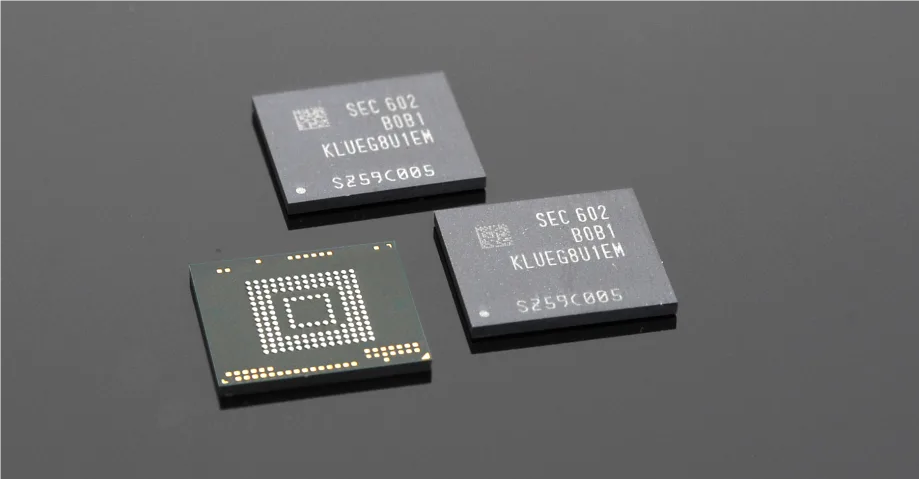According Reuters, the Society of Motor Manufacturers and Traders (SMMT) said on Thursday that the global semiconductor chip shortage will severely weaken car supply in 2021 and will continue to affect UK car sales this year and 2023.
SMMT said that one-sixth of the cars sold in the UK in 2021 will be battery electric (BEV) or plug-in hybrid electric vehicles (PHEV), and the total number of new car registrations increased slightly by about 1% from the 1.63 million units in 2020 to 1.65 million units.
"A car requires an average of 1500 to 3000 chips. We believe that demand is still there and still strong, and the shortage of chips will disrupt the market during 2022 and will continue until 2023." said Mike Hawes, CEO of SMMT.
From brake sensors to power steering to entertainment systems, the shortage of chips has caused automakers to cut or suspend production, pushing up the prices of new and used cars amid strong consumer demand.
SMMT said that all-electric BEVs accounted for 11.6% of sales in 2021, which exceeds the cumulative sales from 2016 to 2020. In December, BEV accounted for about a quarter of British car sales. PHEVs with batteries and internal combustion engines accounted for 8.9% of sales in 2021.












All Comments (0)